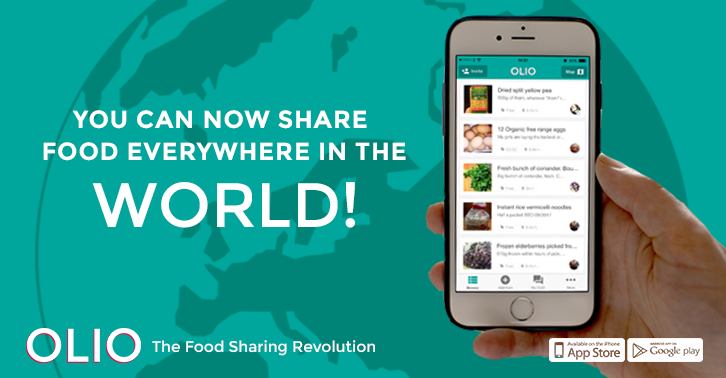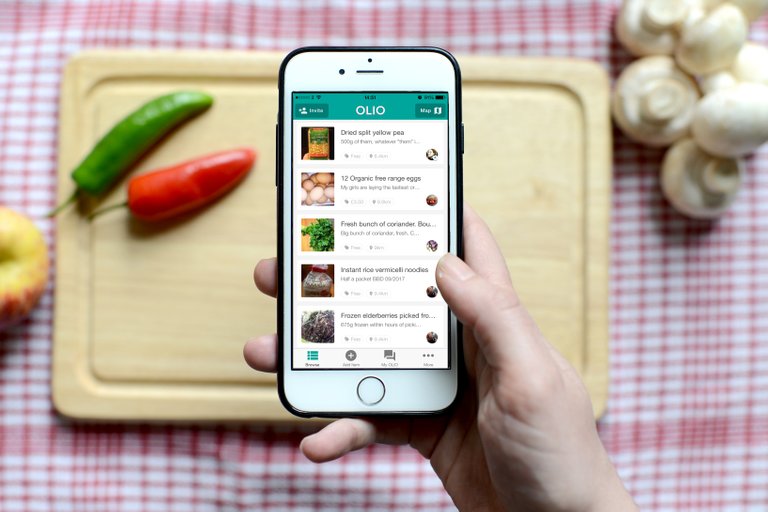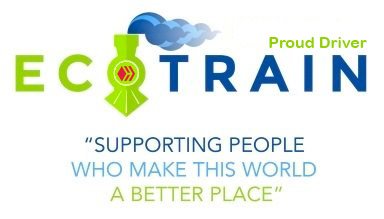It addresses the problem of food waste for free. Olio is considered an application by connecting neighbors with each other and with local shops and cafes in order to share food surplus, when it is thrown away. Users can simply take a photo of the surplus food and add it to Olio. Neighbors then receive alerts and can ask for anything they like.
Receipt is usually allocated on the same day at home or somewhere else. The foods that are usually found on the app include elements close to their expiration date, such as vegetables from stores, cafes, and markets, pieces from amateur bakers, or grocery stores from the fridge, and special cakes when their owners travel or move from home or start a new diet.
Which is used by about the world's first food sharing app between neighbors. Despite this, 15,000 volunteers have contributed more to this achievement than raising awareness about this application in their local communities.

How can Olio contribute to tackling food waste?
Food waste is one of the biggest problems facing throwing more and on a global scale, humanity is currently consuming a trillion dollars a third of the food we produce, the equivalent of one million people from hunger.
While suffering a catastrophic impact of food waste on the environment: In my kidneys equivalent to the size of China in order to obtain general food, a land is cultivated here, wasting food in a country, and it will be eaten. If Shibla will be the third largest greenhouse gas emitter, after a unit. It is hidden from many that about half of the food waste in developed countries occurs, with families throwing what is at home.
By ensuring that redundant food is consumed in homes, "Olio" provides economic, nutritional, environmental, social and ethical value to the community through this food. This is of benefit to individuals, societies, the planet and the whole.
Olio has so far facilitated the sharing of nearly half a million meals, equivalent to the environmental impact of putting more than a million cars out of service on the roads. What can governments do to improve this
The solution provides governments with access to automated capital and routes to markets, both of which are difficult for startups to reach. We have already discussed the issue with a number of interested global city governments
With a number of how to implement "Olio" in their cities, we are currently working in the United Kingdom. While governments have secured municipal stores, food leftovers about a third of the pickles you have left, and in light of record numbers of people suffering from hunger, it is difficult to leave, and local governments have begun to realize that the time has come to implement serious solutions.

